We will always feel robbed, empty and incomplete in the confrontation with the memory of the Holocaust, but the testimony offered by your presence here is the spark that lights up this abyss a little. (…)
Mark A. Rothman
On January 24th, 2012 year in the afternoon in the Auditorium of the Collegium Novum of the Jagiellonian University in Krakow a formal meeting of the Cracow Medical Society, organized on the occasion of 67 anniversary of the liberation the Auschwitz-Birkenau and the International Day for the Holocaust was held. The meeting was opened by Professor Karol Musiol, Rector of the Jagiellonian University and led by the TLK chairman prof. Igor Gościński. This year’s ceremony was organized with the cooperation of the Medical Society of the Krakow Jagiellonian University Medical College, Center for Holocaust Studies at the Jagiellonian University and the State Museum Auschwitz-Birkenau.
I feel robbed and filled with the optimism in the same time[…]
The Director of the Holocaust Museum in Los Angeles, Mark A. Rothman started his speech with these words. Thanks to modern technology Royal City of Krakow joined with the City of Angels for about 20 minutes long videoconference.
Robbery was the key word there, it helped the speaker to describe the situation of complete chaos, which took place during and after the Shoah. Mark Rothman as he admits feels robbed, because due to the quickly passing time (67 years) he is still unable to answer the question embarrassing him – why? It is believed that the only way to understand the Holocaust is to take for granted the fact that we were robbed and we will never fully understand how and why the Holocaust took place. Rothman also pointed out that the work and lives of most people present in the conference room is devoted to moving these boundaries, exposing and maintaining the truth.
People endowed with the gift of history …
In this way Mark Rothman has called all the participants of the conference who did not directly experience the atrocities of war, but got the great mission-the mission of transmitting history. By participating in these celebrations we have become the witnesses of the witnesses, we are blessed with a magnificent gift.
At the meeting we heard the stories of two witnesses, former prisoners of concentration camps. These were the people concerned with concentration camp traumatic experience and actively involved in helping the former prisoners . The first of them, Dr. Witold, MD, Krzyzanowski worked in France for the construction of the Atlantic Wall, then in Paris, he was a member of the Resistance actively involved as a member, unfortunately captured by the Gestapo, interrogated and beaten, imprisoned, he was put in prison in Bordo. Then in January 1944 he was sent to Buchenwald, where he got the number 44 320. In June 1946 he returned to Poland, and after six years (1952) completed his medical studies. He was awarded with the Order of Knight of the League of Honour and the Cross of Auschwitz. Another survivor was Dr. Thadeus Smreczyński MD. During the occupation he was deported to forced labor in Saxony, where he worked at repairing railroad tracks, but soon decided to run away. His escape plan to get through the Protectorate of Bohemia and Moravia to Romania, then Hungary and from there to Britain failed : he was arrested while crossing the border. He managed to hid the fact of escape and thus was employed in the quarry, he decided to run away again, to get to Kraków, and helped the escapes of Poles who worked in the Third Reich. Arrested in December 1943 he was put in prison by Gestapo in Myslowice, then he was transported to Auschwitz, soon sent to Mauthausen sub-camp /Linz III No. 78 731/ .He did different jobs – for example he worked in the kitchen. After the war he returned home and graduated at the Medical Department of the Jagiellonian University.
The next stage of the conference was devoted to the camp artists. Auschwitz Museum staff discussed the work of Mieczyslaw Koscielniak and Janina Tolik, in turn, Prof. Assoc. B. Alexander, MD, Joseph Bau Skotnicka. The whole conference was enriched with a recital by Maria Slawek and Peter Rozanski of the Academy of Music.







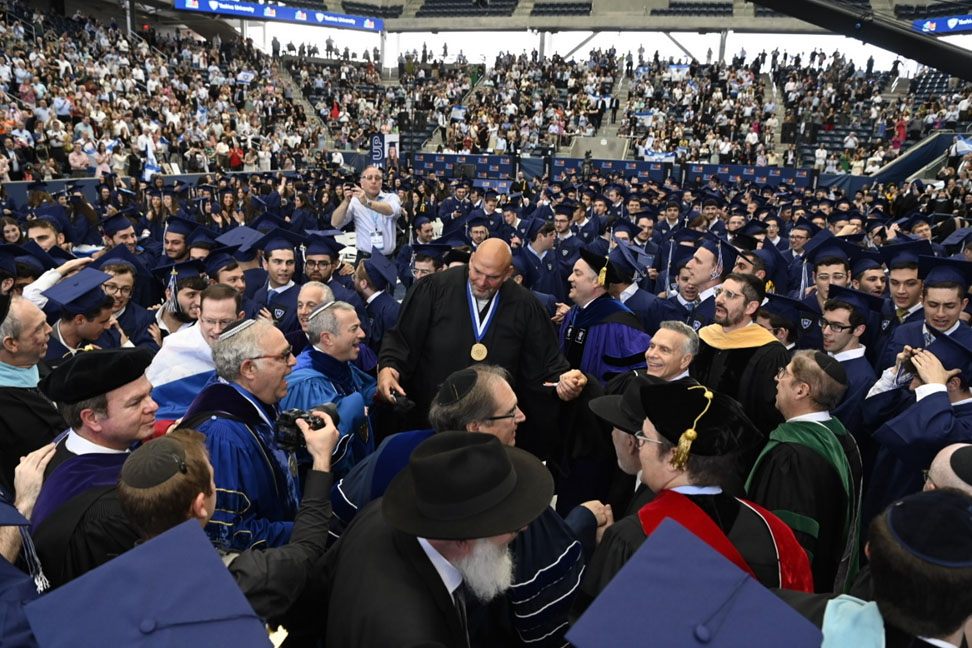
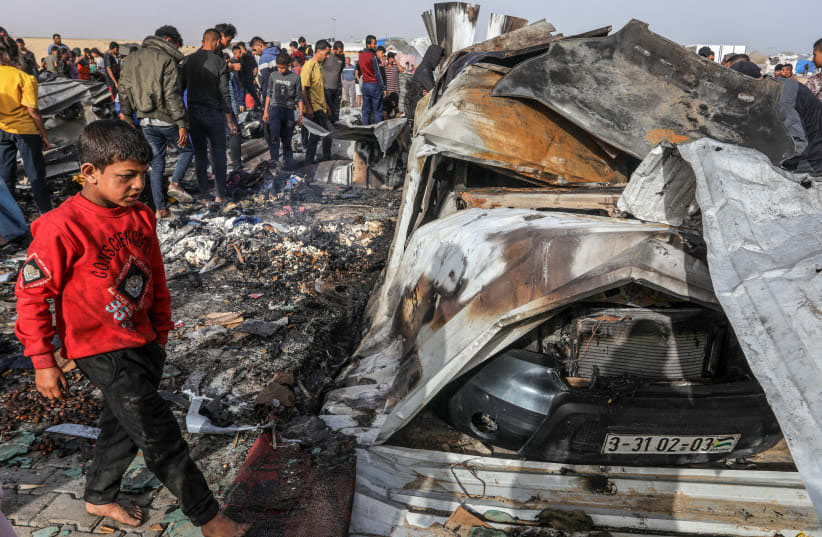
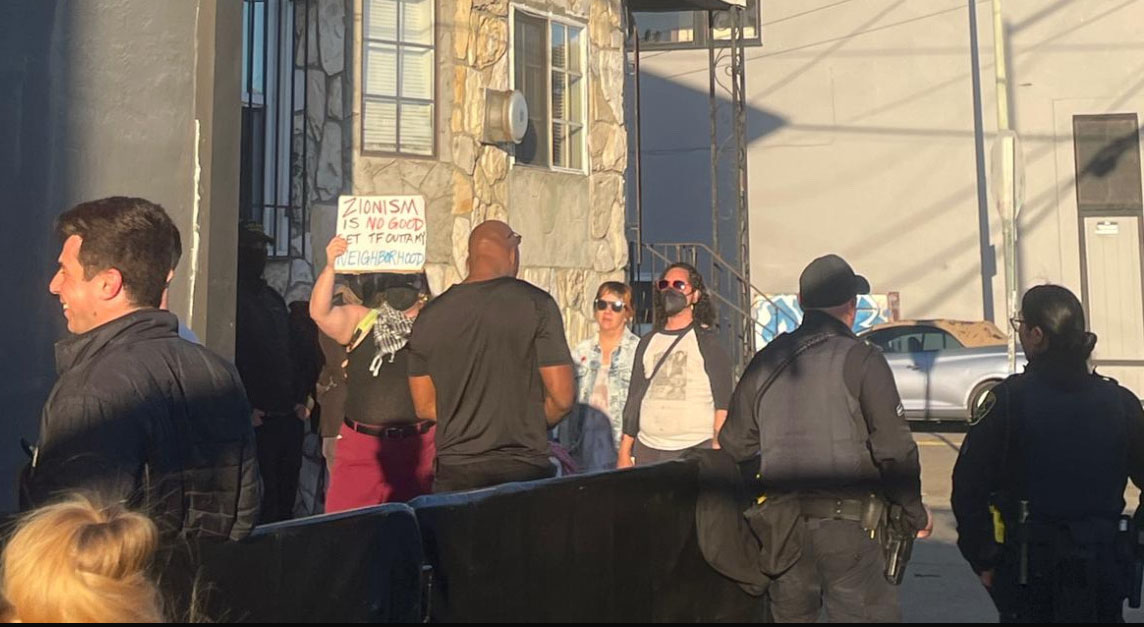


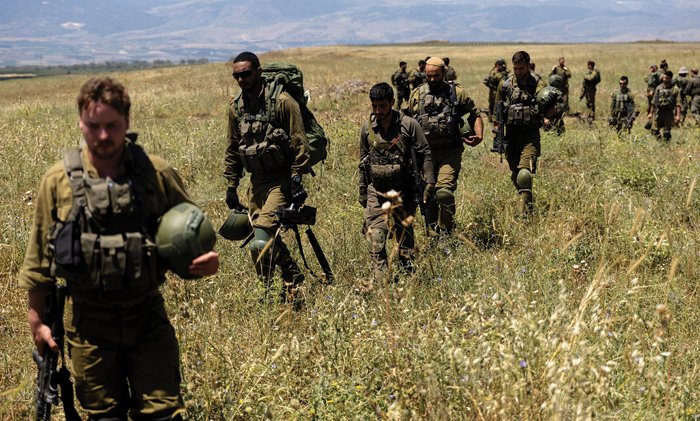
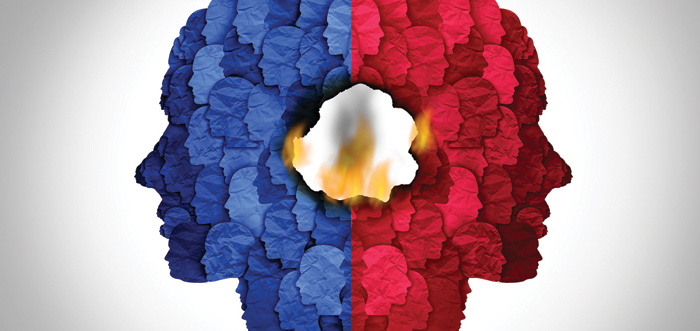
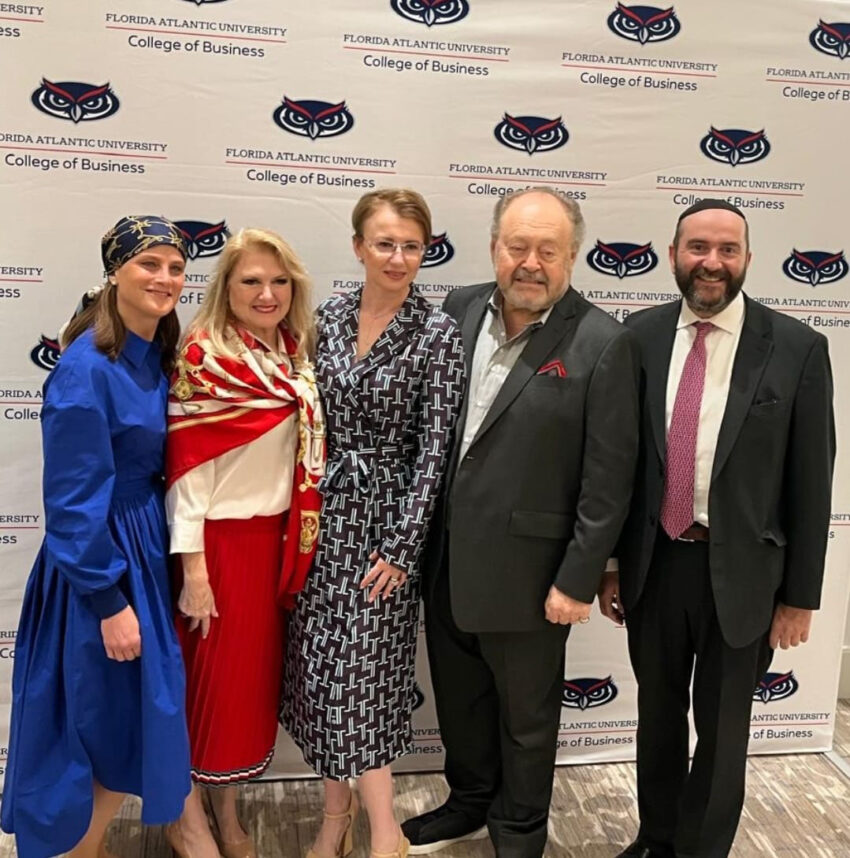
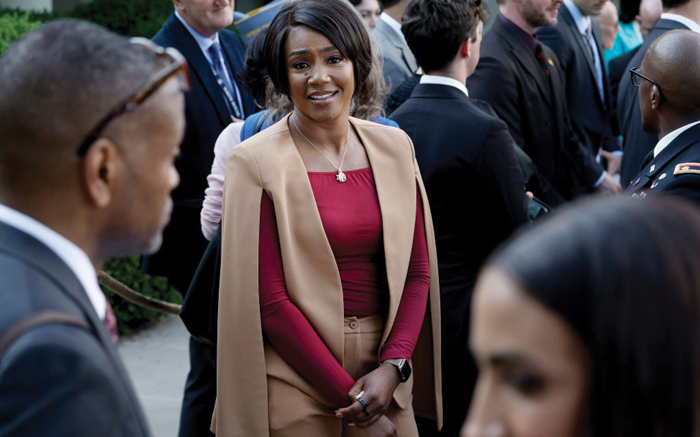
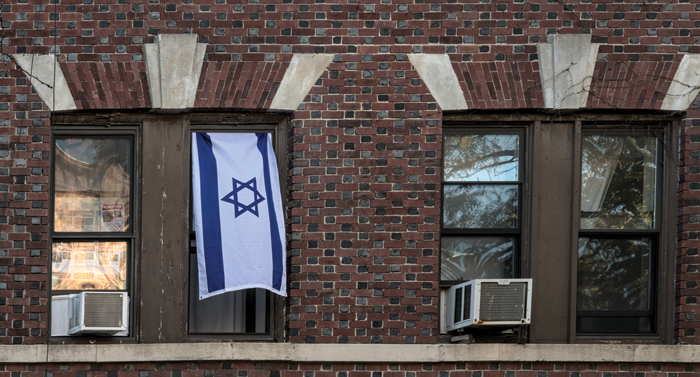





 More news and opinions than at a Shabbat dinner, right in your inbox.
More news and opinions than at a Shabbat dinner, right in your inbox.